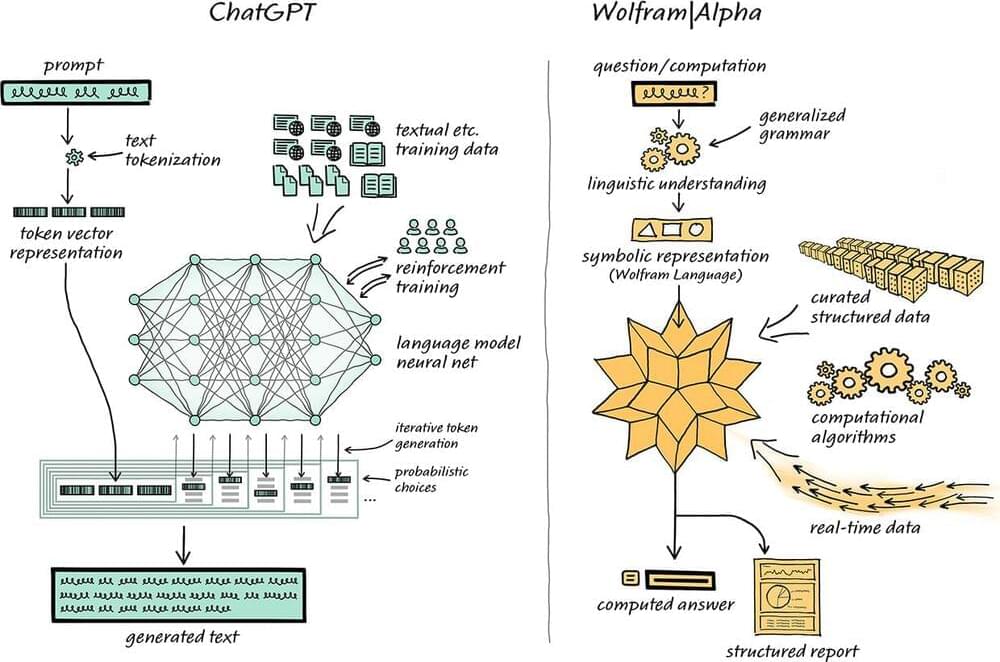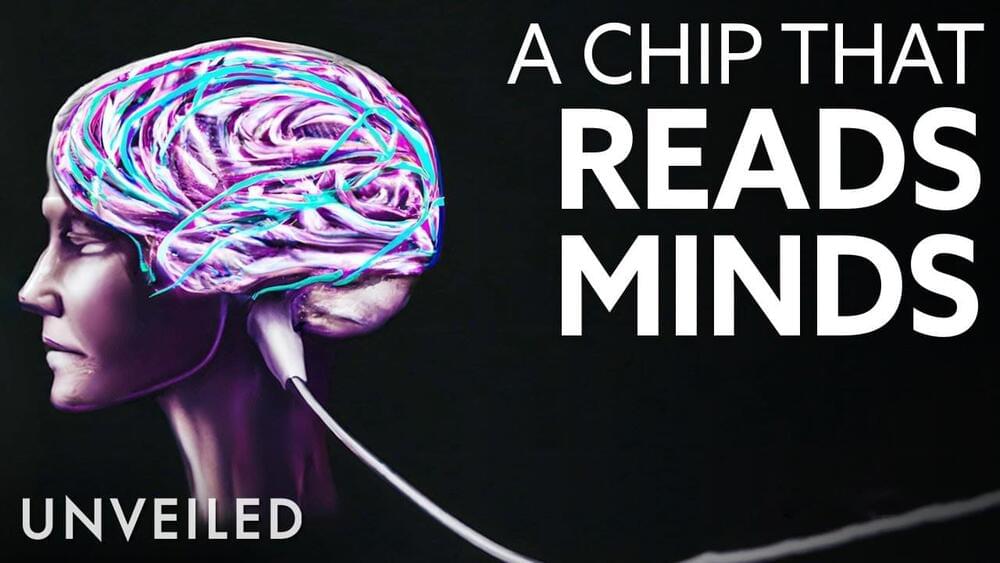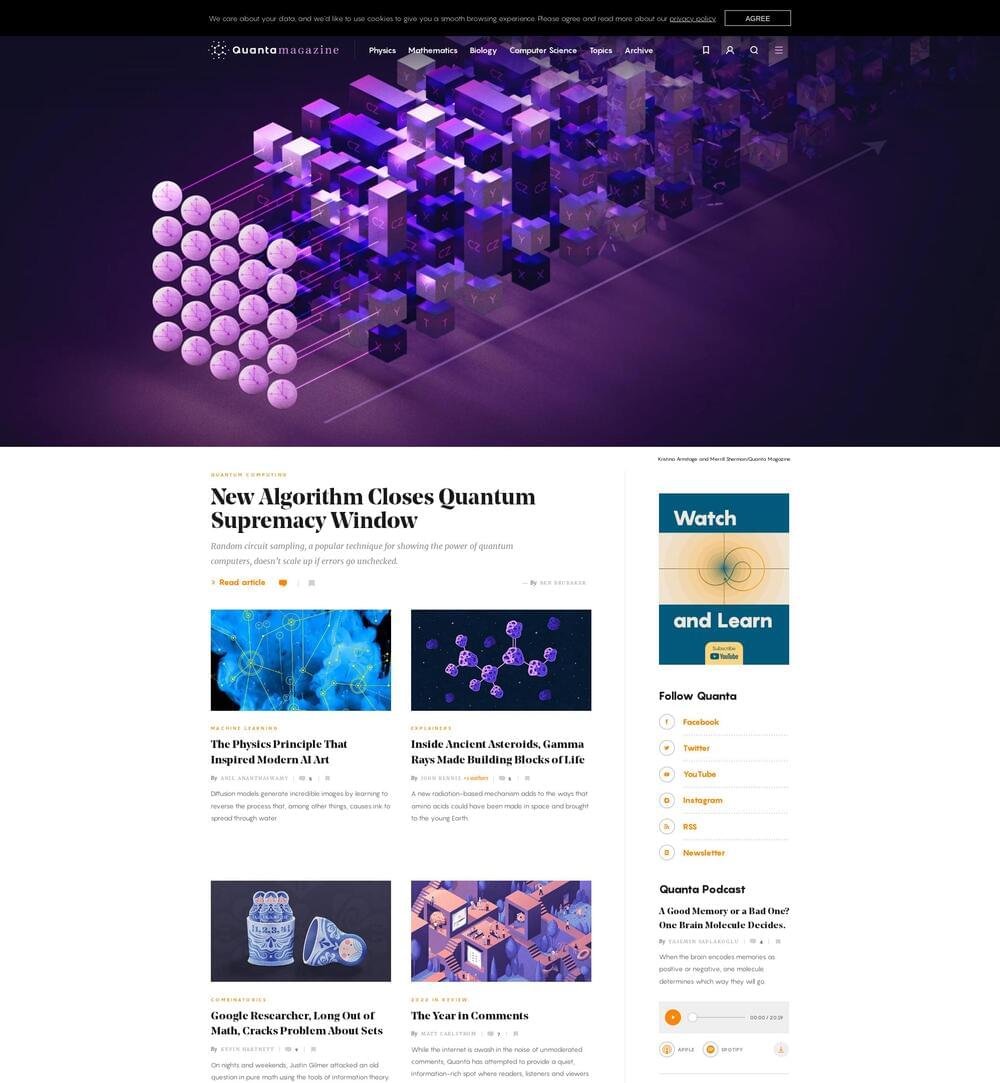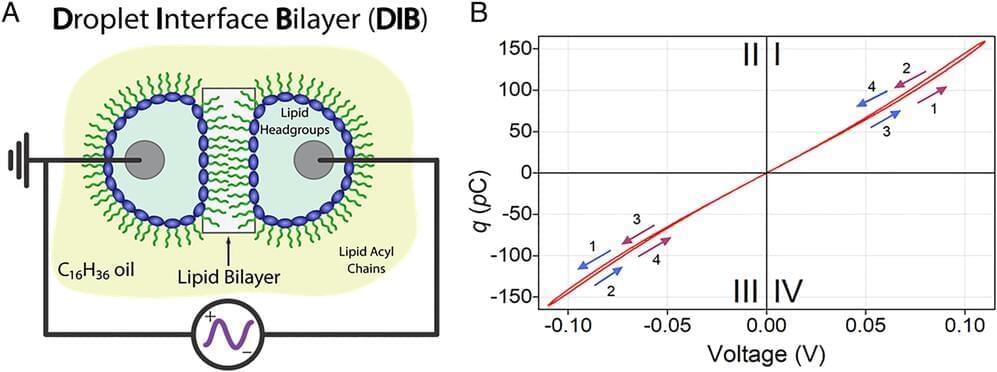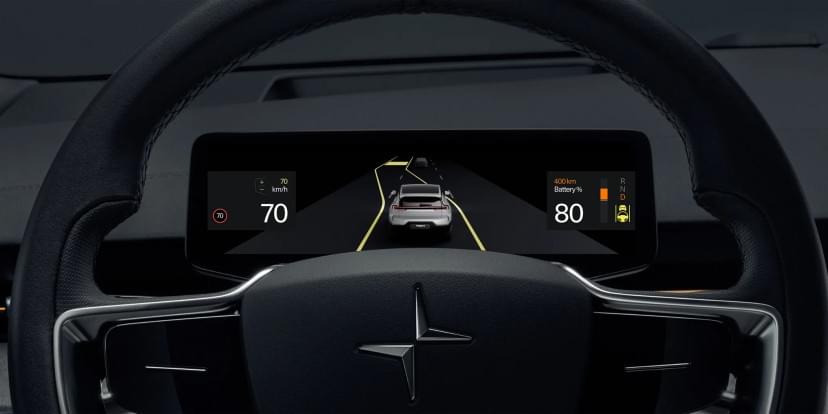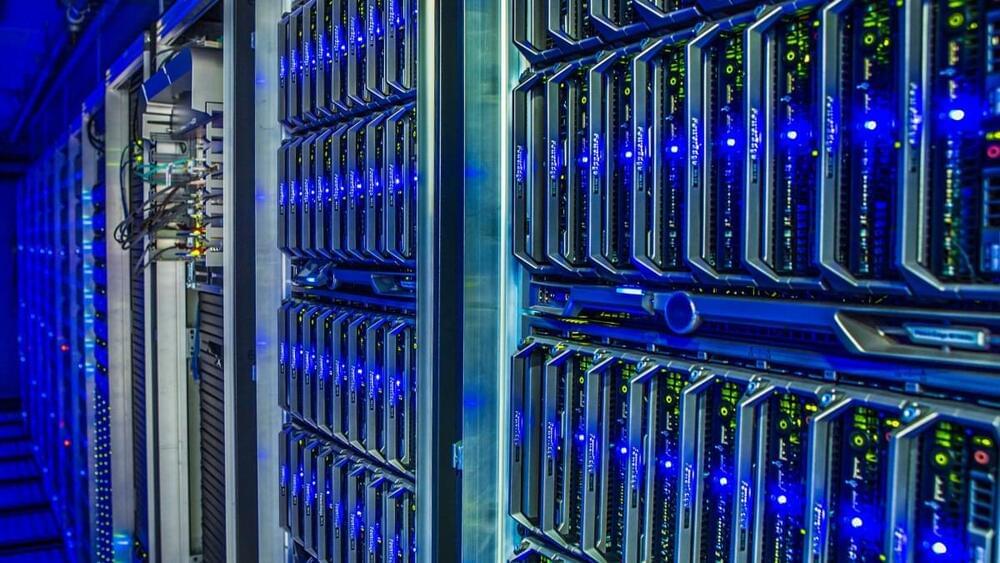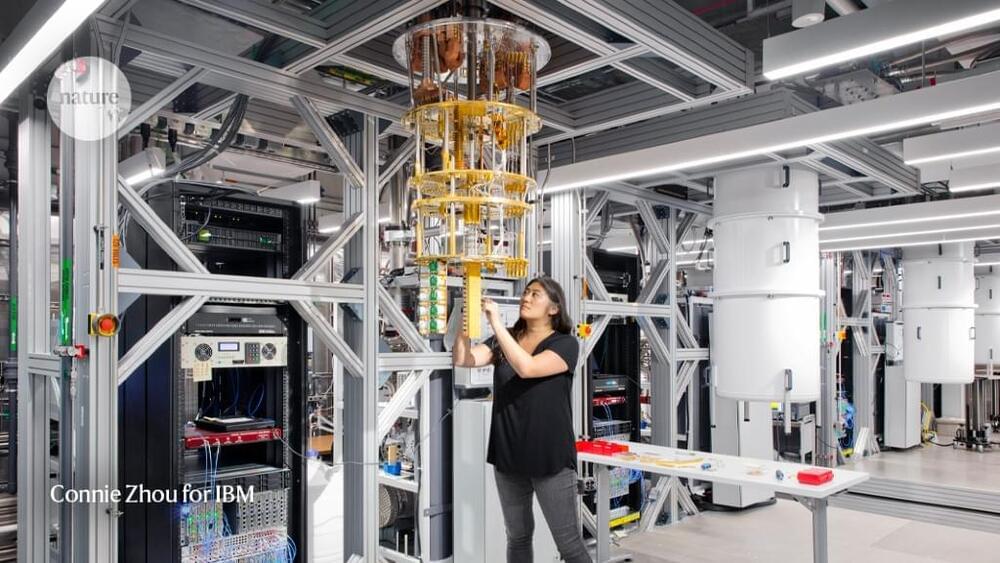Jan 10, 2023
India’s antitrust order will stall Android’s progress in the country, Google warns
Posted by Gemechu Taye in categories: computing, mobile phones
Google has warned that growth in the use of Android in India may stall due to an antitrust order issued by the Indian antitrust watchdog last year over the U.S. company’s domination in the country.
The order, which was issued by the Competition Commission of India (CCI) in September, found that Google had abused its dominant position in the market for mobile operating systems by imposing restrictive contracts on mobile manufacturers.
The CCI ordered Google to change its contracts with manufacturers, allowing them more freedom to install rival apps and services on Android devices. According to a Reuters report, Google filed a challenge with India’s Supreme Court and said that the order would require some modifications of its existing contracts and new license agreements. It would alter the company’s existing arrangements with over 1,100 device manufacturers and thousands of app developers.


